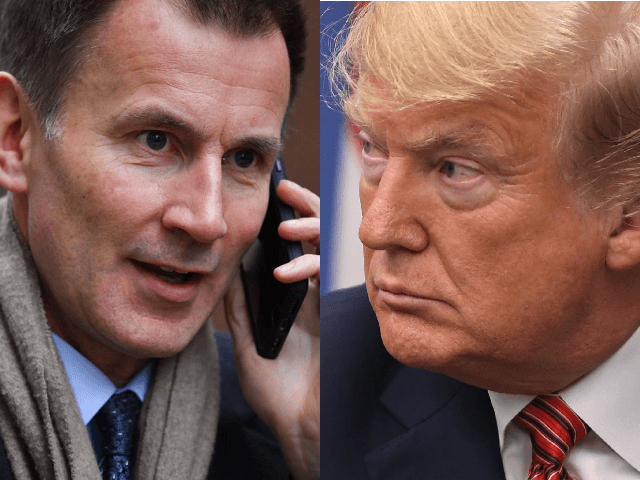The Western nuclear agreement with Iran “isn’t dead yet,” British Foreign Secretary Jeremy Hunt said Monday, stressing he remains “totally committed” to deescalating tensions in the Persian Gulf.
Iran, Hunt said, is already in one of the most unstable regions in the world before adding nuclear weapons would “represent an existential threat to mankind.
“I will do everything in my power to prevent that from happening.”
The UK’s top diplomat spoke in Belgium where he met with other signatories to the Joint Comprehensive Plan of Action (JCPOA), the deal negotiated by former U.S. President Barack Obama and signed in 2015. Those party to the agreement included Iran, the United States, Britain, China, Russia and France. Iran has recently begun to violate terms of the deal by increasing uranium enrichment.
“If Iran acquires nuclear weapons, then other countries in the region will acquire nuclear weapons,” Hunt said. “It becomes a very, very toxic and dangerous situation.”
The Atomic Energy Organization of Iran said Monday the other parties to the JCPOA must honor their obligations and acknowledge how much Tehran has already conceded.
“Iran gave … much more than what it received,” AEOI spokesman Behrouz Kamalvandi said. “The other side … forgot their obligations.
“What Iran is doing in terms of nuclear measures is aimed at reminding the signatories their obligations.”
Meanwhile, Iran’s foreign minister suggested for the first time Tuesday that the Islamic Republic’s ballistic missile program could be up for negotiations with the U.S., a possible opening for talks as tensions remain high between Tehran and Washington over the collapsing JCPOA deal.
Mohammad Javad Zarif offered an initially high price for such negotiations — the halt of American arms sales to both Saudi Arabia and the United Arab Emirates, two key U.S. allies in the Persian Gulf.
UPI contributed to this report

COMMENTS
Please let us know if you're having issues with commenting.